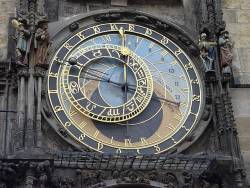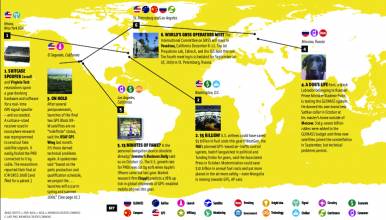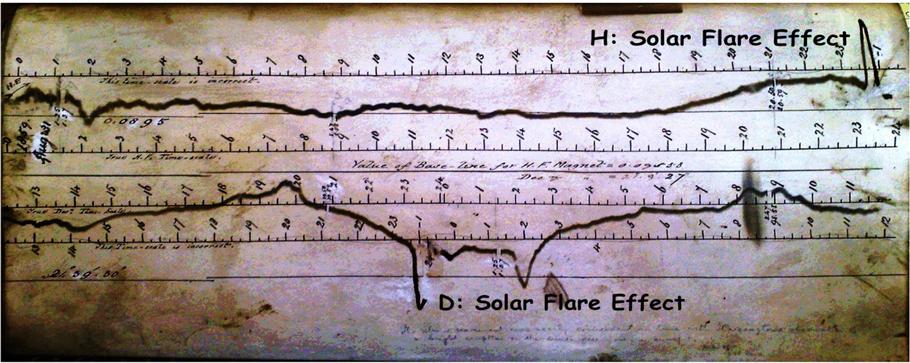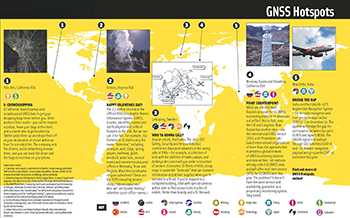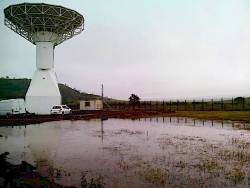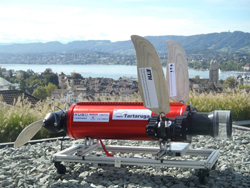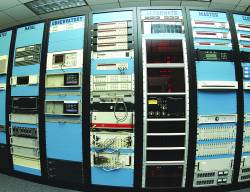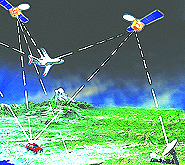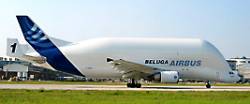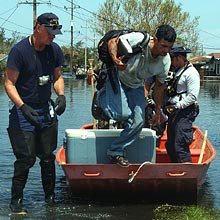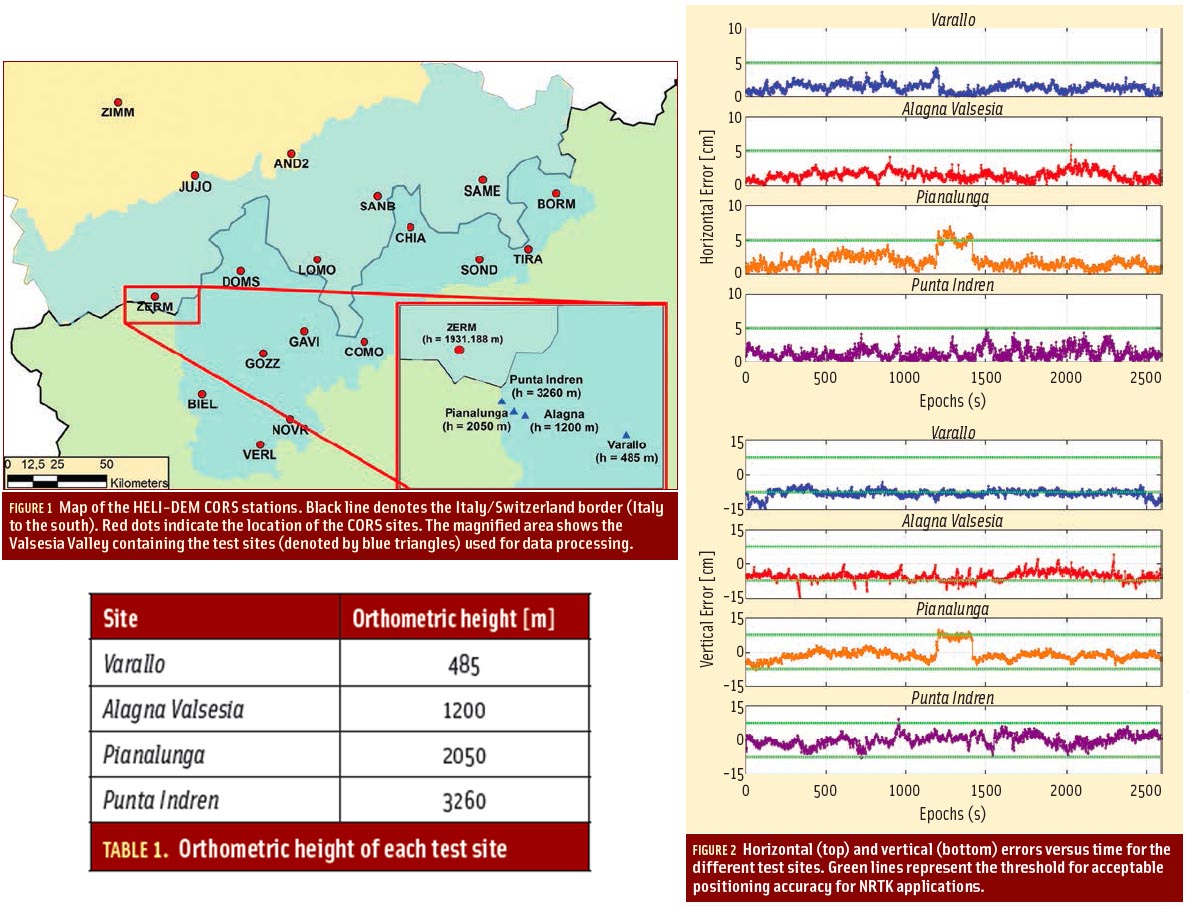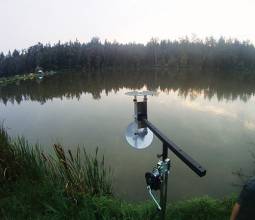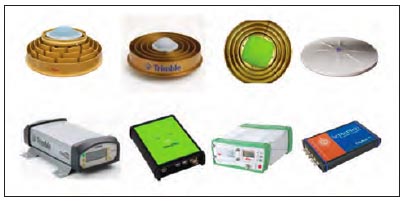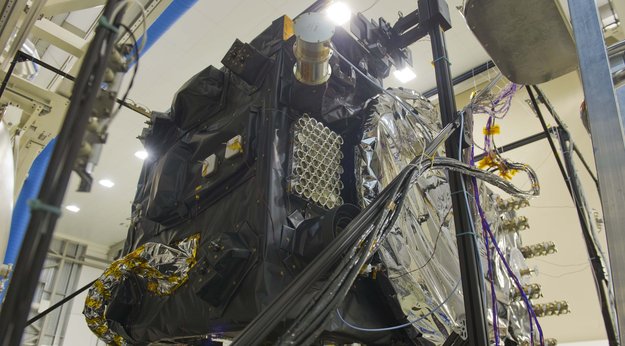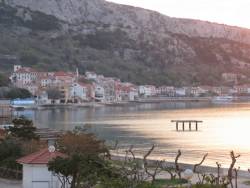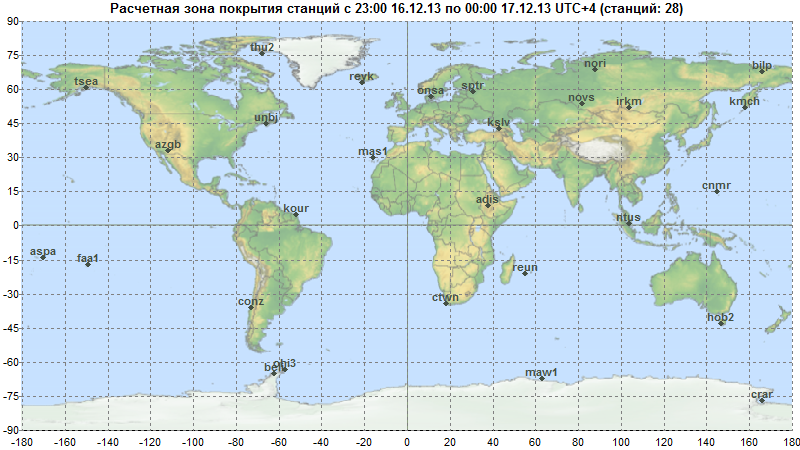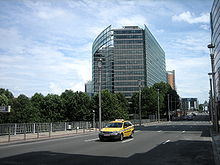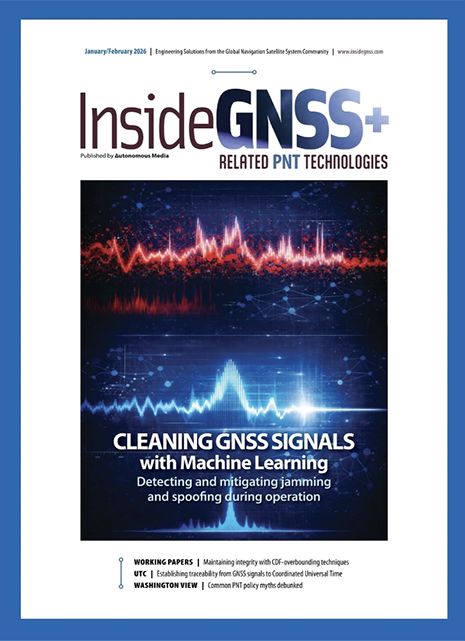January 9, 2014
The 8th annual conference on the Croatian Adriatic aims at GNSS experts and and focuses on GNSS resilience and GNSS applications development. It will take place at Baška on the resort island of Krk in Croatia from May 7 to May 9, 2014.
The deadline for abstracts is March 1, 2014.
Topics include:
- core satellite navigation systems’ developments and modernisation,
- satellite-based augmentation systems (SBAS),
- space weather and ionospheric effects on GNSS performance and operation,
- GNSS applications for air, marine, land and personal navigation, Location-Based Services, Intelligent Transport Systems, and Search and Rescue (SaR) operations,
- resilience development againts natural (space weather and ionospheric) and artificial (jamming, spoofing and meaconing) disruptions of GNSS services
- statistical and digital signal processing for electronic navigation and weak signal detection,
- GNSS receiver design (including Software-Defined and Cognitive Radio),
- GNSS education and professional advancement,
- advanced multidisciplinary GNSS applications (in geomatics, transport, predictive analytics, remote sensing, agriculture, geodesy, forestry, tourism, environment protection, meteorology and science),
- GNSS advancements, parallels and alternatives,
- regulatory and legal aspects of GNSS utilisation,
- Special session: space weather effects on GNSS performance and operation
- Special session: statistical signal processing and Bayesian estimation for satellite navigation, and
- Special session: Intelligent Transport Systems (ITS)
The Royal Institute of Navigation, London, UK, Faculty of Maritime Studies, University of Rijeka, Croatia and Faculty of Transport and Traffic Sciences, University of Zagreb, Croatia, and is technically co-sponsored by Beihang University of Aeronautics and Astronautics, Beijing, China.
For more information, contact Ms. Sally-Anne Cooke, the RIN conference and events manager at co********@*****rg.uk
By Inside GNSS
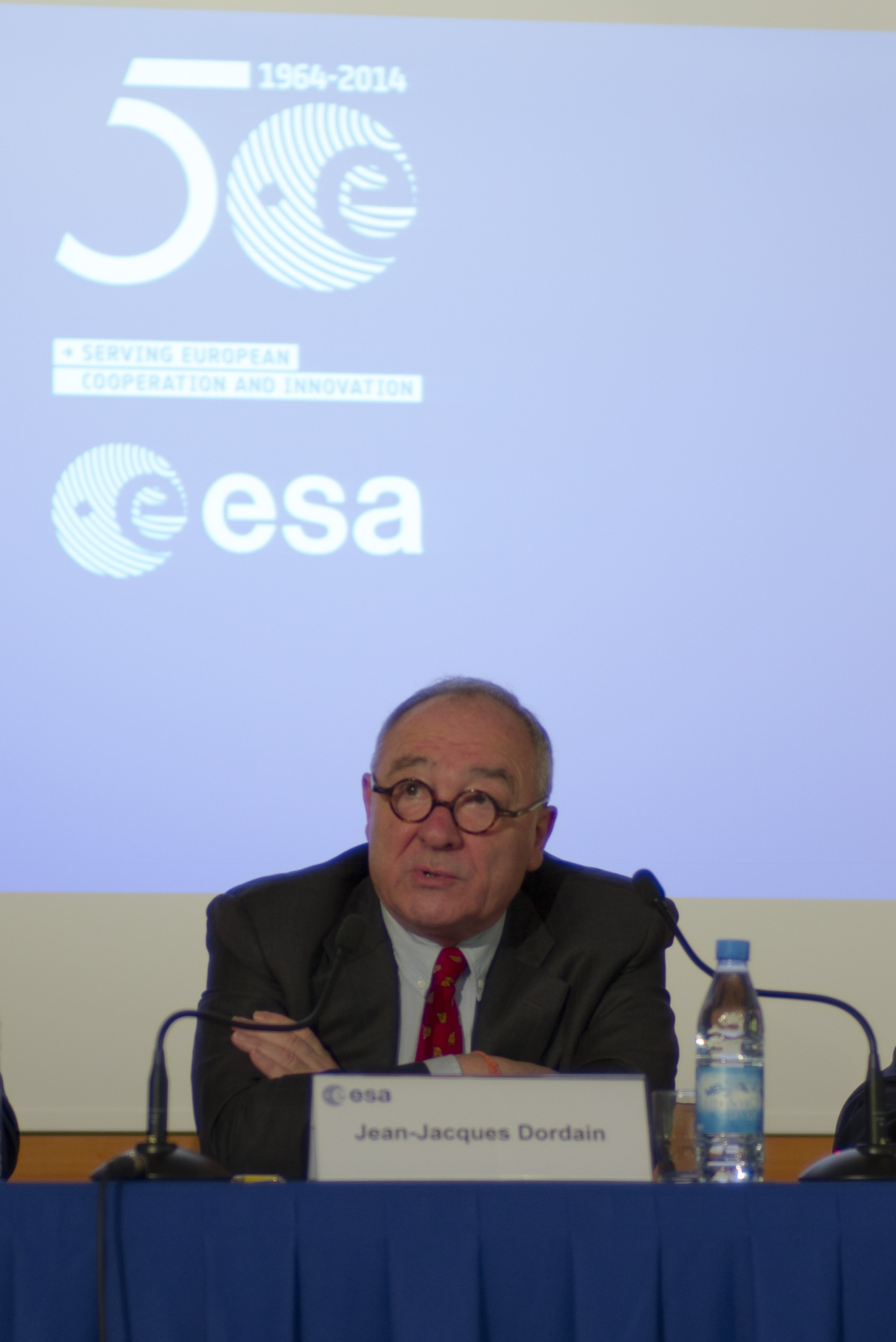 ESA Director General Jean-Jacques Dordain during his annual press briefing. ESA photo by S. Corvaja
ESA Director General Jean-Jacques Dordain during his annual press briefing. ESA photo by S. Corvaja

